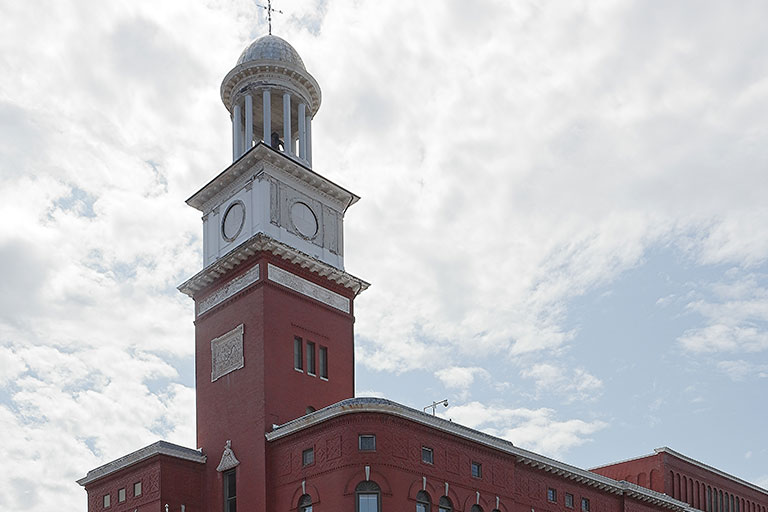Sustainable Housing for All
Biddeford, like much of the country, is experiencing a housing crisis. Rising costs are forcing residents out, homeownership is becoming unattainable, and more people are struggling to find stable housing. Biddeford remains a desirable place to live because of its vibrant downtown, strong community, and access to green space. However, without thoughtful planning, unchecked development will continue to drive up costs, displace residents, and erode the character that makes the city unique. We need more housing, but we also need to be smart about how we build it—ensuring that new development benefits the community, protects the environment, and prioritizes affordability.
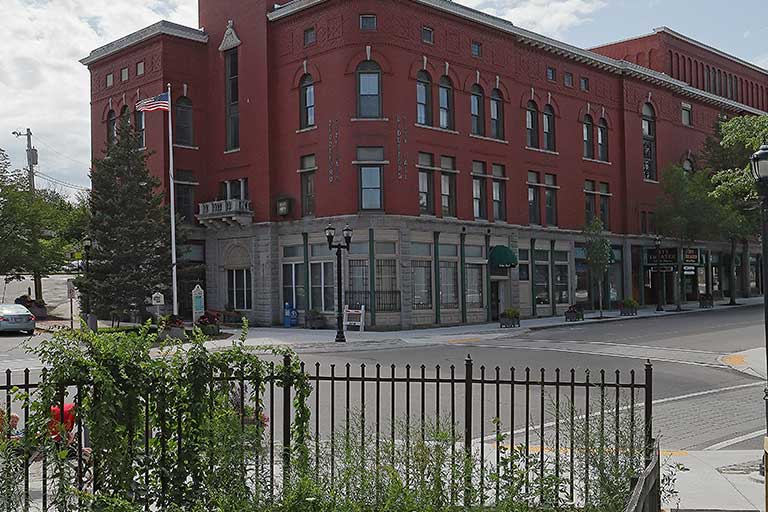
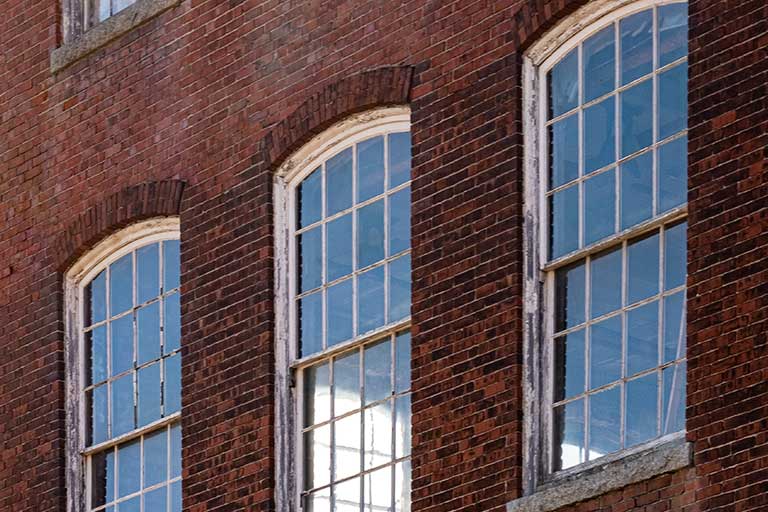
Downtown development has helped add new housing while revitalizing underutilized spaces. But beyond downtown, we’re seeing a different pattern—housing developments pushing into forests, wetlands, and open spaces in ways that harm the environment and do little to improve affordability.
This kind of car-dependent, land-consuming growth spreads housing farther from amenities and services, increases traffic, and raises infrastructure costs. If we want Biddeford to remain an affordable and livable community, we need to focus on housing that strengthens neighborhoods rather than pushing development farther out.
Building More Isn’t Enough—We Have to Build Smart
We often hear that housing is a supply and demand issue, assuming that if we build enough, prices will drop. But this oversimplifies the problem. More housing doesn’t help if most of it doesn’t meet the needs of local residents or remains priced out of reach for average to low income earners.
This reflects the trickle-down economics fallacy, which assumes that building primarily luxury and market-rate housing will eventually make all housing more affordable. In reality, most new development caters to investors and higher-income individuals, while lower-cost options remain scarce and displacement continues.
A truly effective housing strategy isn’t just about increasing supply. It’s about building the right types of housing in the right places, with affordability as a real priority.
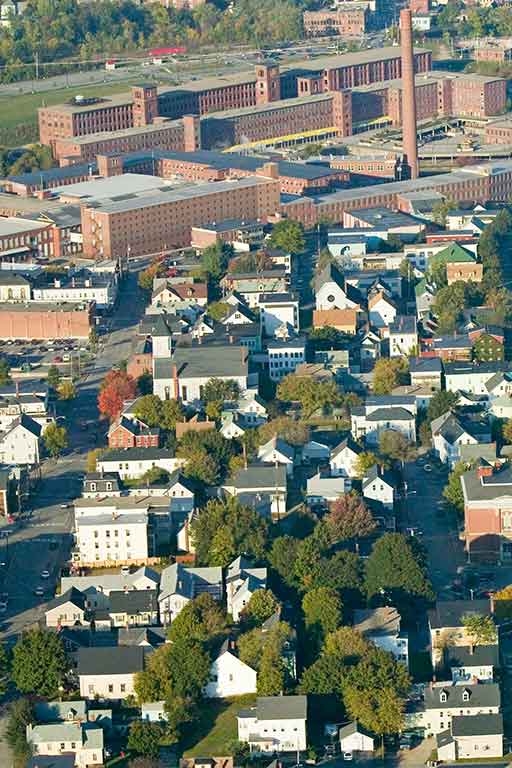
The Wrong Kind of Growth
The issue isn’t just a housing shortage—it’s what kind of housing is being built and who it’s for. Right now, most new development falls into two categories:
- Downtown apartments, which add vibrancy but are typically high-cost, limiting affordability.
- Sprawling subdivisions and large apartment complexes, built far from everyday services, increasing car dependency and straining public infrastructure.
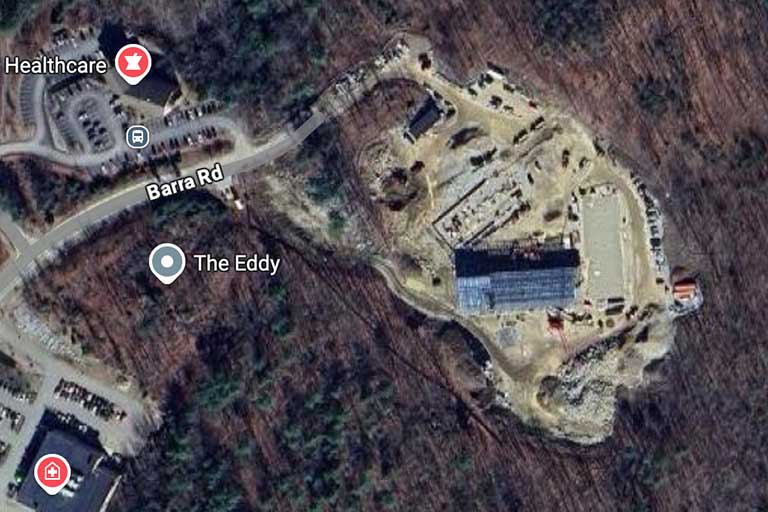
Similarly, Eon’s West Brook Subdivision was approved despite clear environmental violations and strong public opposition. A comparable home for the planned subdivision was recently sold by Eon for over $600,000, setting a high benchmark for future sales. The project threatens a critical wildlife corridor in Clifford Park, one of Biddeford’s most ecologically valuable areas. The City ignored environmental concerns, including wetland impacts, habitat destruction, and stormwater runoff. When residents challenged the approval in court, the City Attorney misrepresented key facts, including local ordinances, and consistently sided with the developer. Despite overwhelming public concern, the City pushed the project forward without requiring meaningful environmental protections or addressing the long-term consequences of fragmenting sensitive habitats. Ignoring local ordinances and community input in this way sets a dangerous precedent for future development.
The issue isn’t just how much we build, but what kind of housing we build and where we build it.
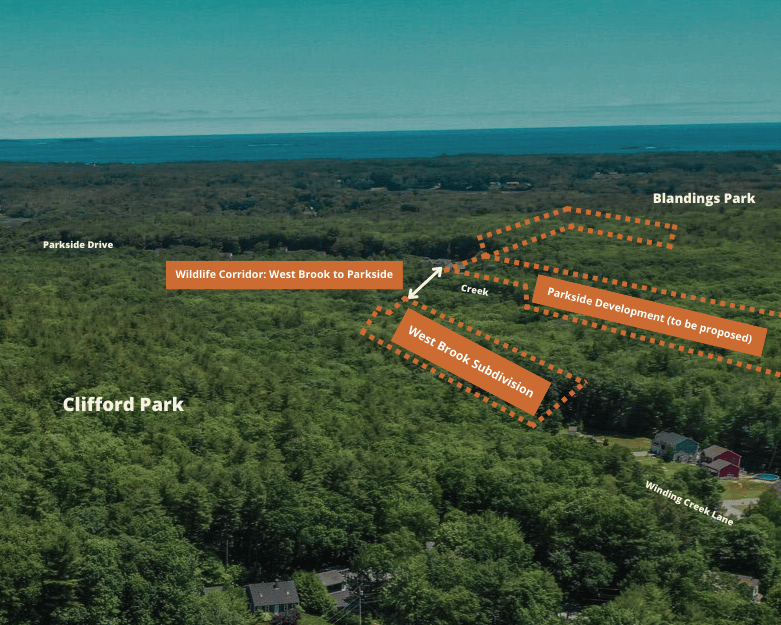
A Better Approach to Housing
Instead of prioritizing large-scale developments outside of downtown that push into green spaces, we should focus on locally driven, small-scale solutions that expand housing options while complementing larger downtown projects.
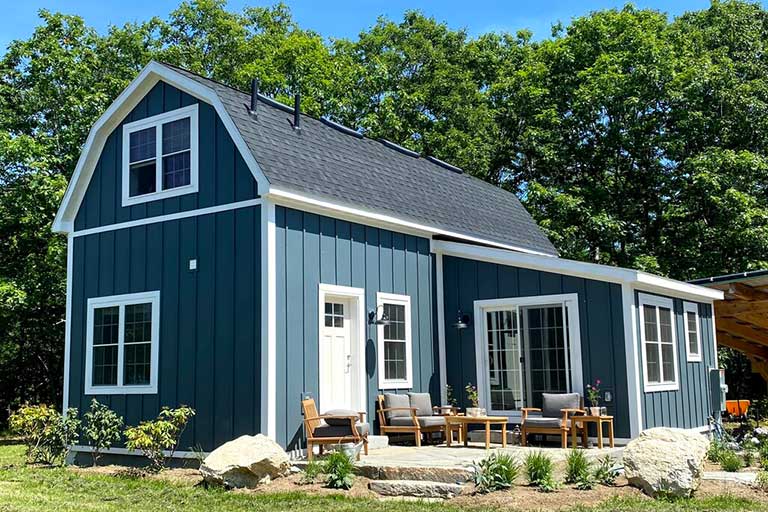
From Backyard ADUs based in Brunswick, ME
One of the best opportunities is Accessory Dwelling Units (ADUs)—small homes built on existing residential lots.
- ADUs allow homeowners to create rental or ownership opportunities in their own community.
- They provide options for aging in place, multi-generational living, and small-scale rentals.
- They don’t require costly new roads and infrastructure or the destruction of open space.
Biddeford already allows ADUs by right, but zoning laws can make them difficult and expensive to build. We need zoning reforms that make it easier for homeowners—not just big developers—to contribute to the housing supply.
Other small-scale housing solutions include:
- Allowing more duplexes, triplexes, and townhomes in existing neighborhoods, creating more housing options without drastically altering community character.
- Encouraging mixed-use development to support walkable, affordable neighborhoods where people can live closer to shops and public services.
- Ensuring that new housing is truly affordable, not just labeled that way, by setting clear affordability requirements and prioritizing homes for local residents rather than investors.
These solutions promote community-focused growth that expands housing availability without relying on large-scale, profit-driven developments that push out existing residents. By giving homeowners and small-scale builders more flexibility, we can create a more resilient and diverse housing market that works for everyone.
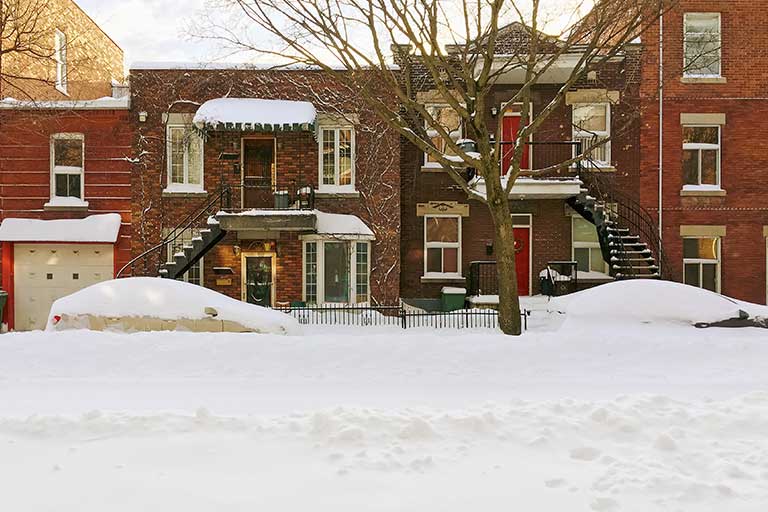
This Only Changes If We Take Action
Recently, the City hosted a housing workshop where developers, nonprofits, and financial institutions discussed the barriers to housing development. Their main takeaway? Make it easier for developers to build.
But what gets built matters. If we don’t take action now, we’ll keep seeing a system that benefits outside investors and corporate landlords while local families, workers, and retirees are pushed out.
If we want:
✔ Housing that local residents can actually afford
✔ Protections for renters and long-time homeowners
✔ Development that strengthens communities instead of spreading them apart
✔ Environmental protections that prevent reckless sprawl
Then we have to demand it.
Stay Involved
Want updates on housing affordability and zoning reform in Biddeford?
Sign up with your email to stay in the loop and get involved.
Here’s How You Can Help:
📢 Show up to City Council and Planning Board meetings and let them know we need housing for people, not just profits. This will require zoning reform.
✍ Contact local officials and demand policies that support local homeowners and renters, not just developers.
🗣 Join the Biddeford-Saco Climate Action Team to organize, strategize, and take action.
We can shape the future of Biddeford, but only if we choose to get involved. The decisions being made today will determine who can afford to live here tomorrow.
The City belongs to all of us, and together, we can ensure that Biddeford is a place where everyone has a home.
